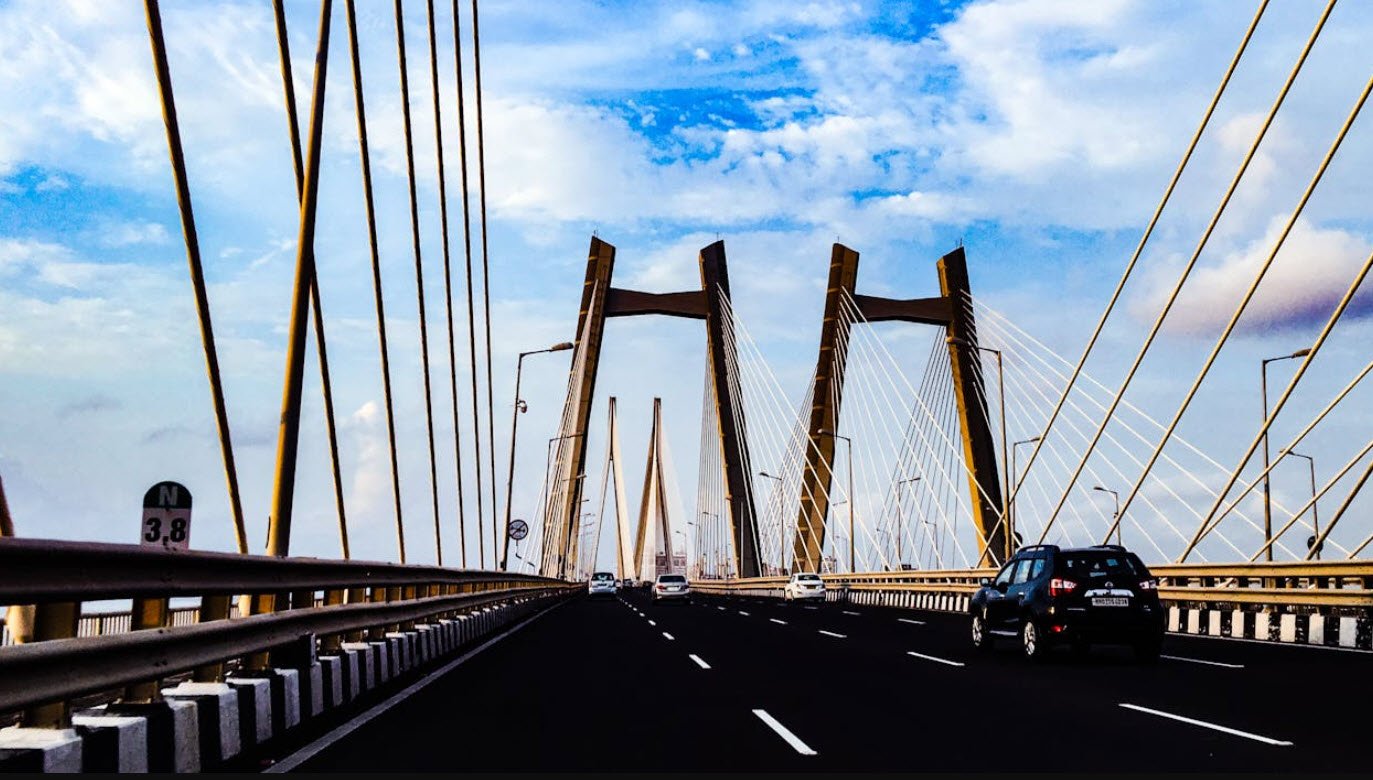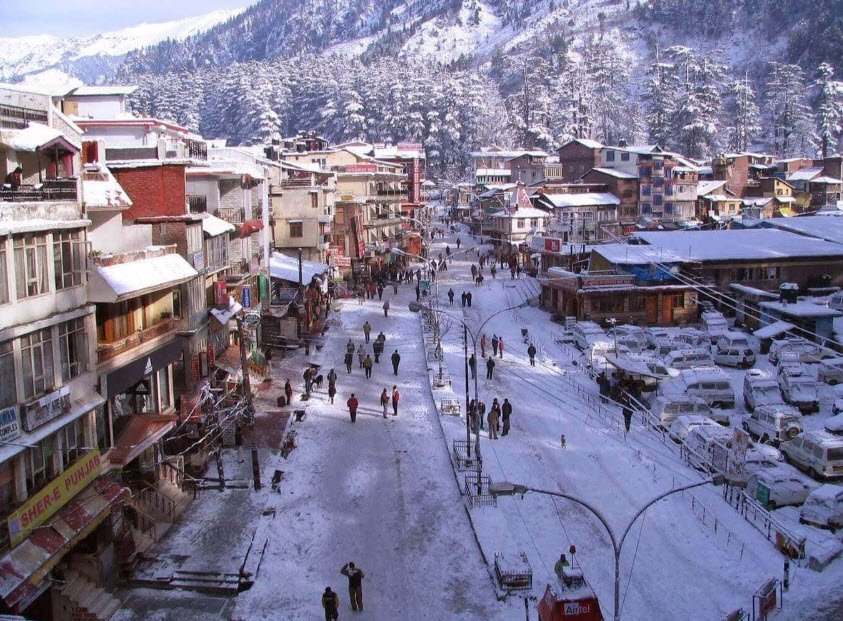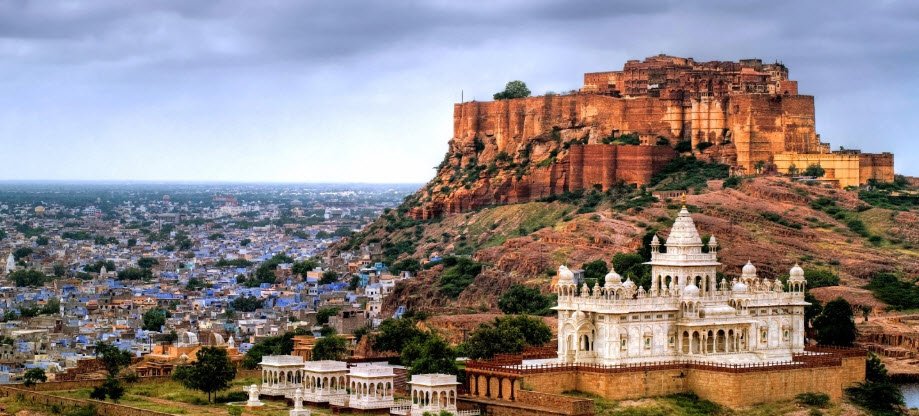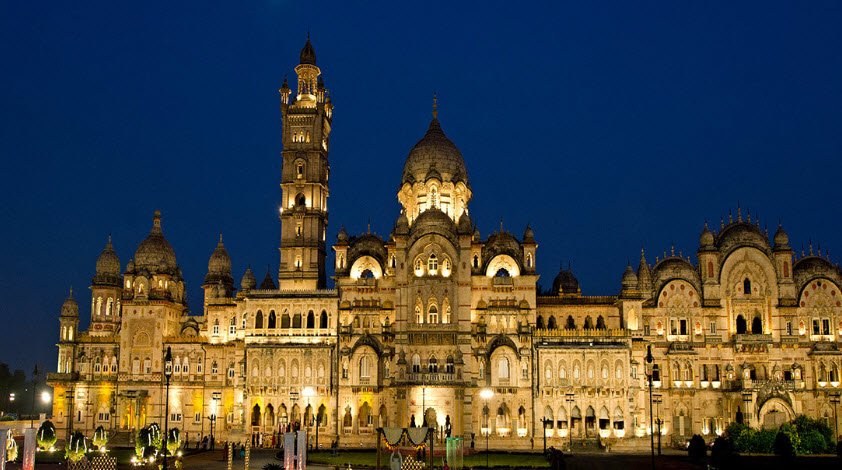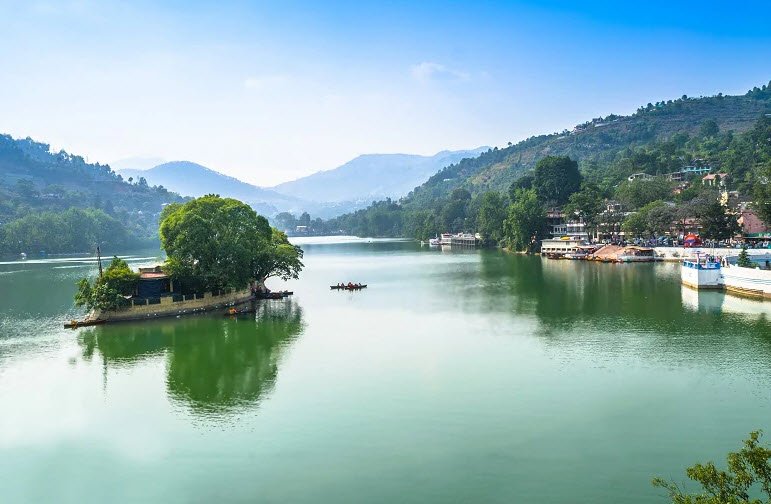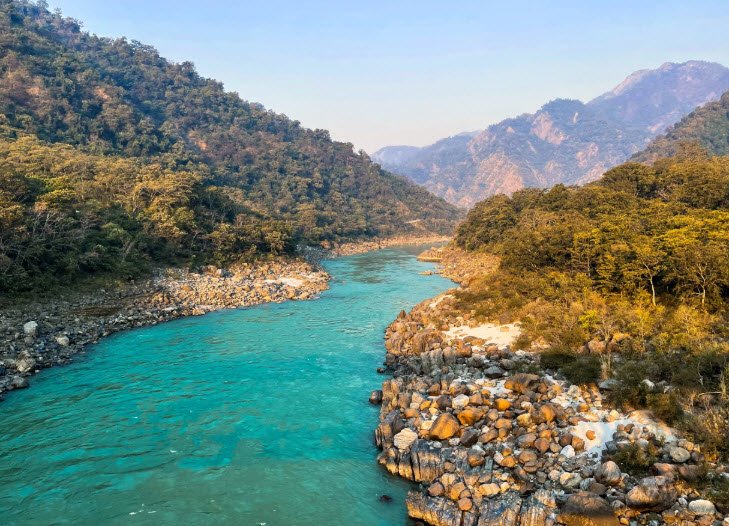Top 15 Money Management Tips While Traveling in India
Top 15 Money Management Tips While Traveling in India
Traveling in India can be an incredible experience, filled with vibrant culture, diverse landscapes, and delicious cuisine. However, managing your finances effectively is essential to ensure a stress-free trip. Here are some top money management tips to help you navigate India like a pro.
1. Plan Your Budget Wisely
Before setting foot in India, outline a realistic budget based on your travel style. Whether you’re a backpacker or a luxury traveler, research accommodation, transportation, food, and activity costs in advance. Leave some room for unexpected expenses, like souvenirs or unplanned detours.

2. Carry Cash, But Not Too Much
India is still a cash-driven economy, especially in rural areas and small towns where digital payments might not be accepted. Carry small denominations for daily transactions. However, avoid holding too much cash to reduce the risk of theft.

3. Use ATMs Strategically
ATMs are widely available in cities and towns, but they may not always be reliable in remote areas. Withdraw enough cash to last a few days, and use ATMs attached to major banks to avoid excessive fees or scams. Be aware of your bank’s international withdrawal charges.
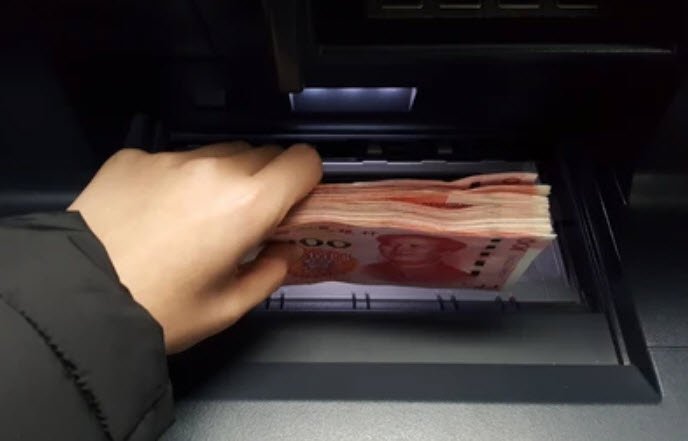
4. Embrace Digital Payments
India has seen a surge in digital payment options like UPI (Unified Payments Interface), Paytm, and Google Pay. These are widely accepted in urban areas, restaurants, and even by street vendors. Linking your international card to these platforms can make payments seamless and safer.
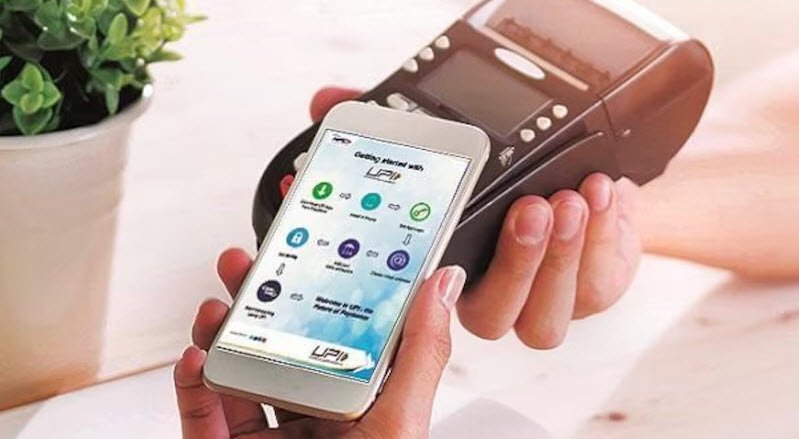
5. Understand Currency Exchange
Exchange your foreign currency at authorized money exchange counters or banks to get the best rates. Avoid exchanging money at airports or unauthorized vendors, as they often have higher fees or unfavorable rates. Always keep the receipt for reconversion when leaving India.
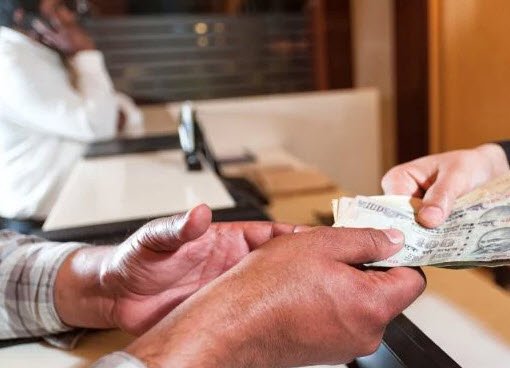
6. Be Wary of Scams
While India is a hospitable country, tourists can sometimes fall victim to scams. Be cautious about overly helpful strangers offering deals that seem too good to be true. Double-check prices and services before committing to avoid overpaying.

7. Choose Accommodations with Transparent Pricing
Research accommodations with clear pricing policies. Platforms like Booking.com or Airbnb provide options across budgets and ensure transparency. If staying in smaller guesthouses, confirm rates and inclusions like taxes and meals in advance.

8. Travel Smart with Public Transport
Public transportation in India, such as buses and trains, is highly economical and offers a glimpse of local life. Book tickets through official platforms like IRCTC for trains or state-run bus services to avoid paying extra through middlemen.
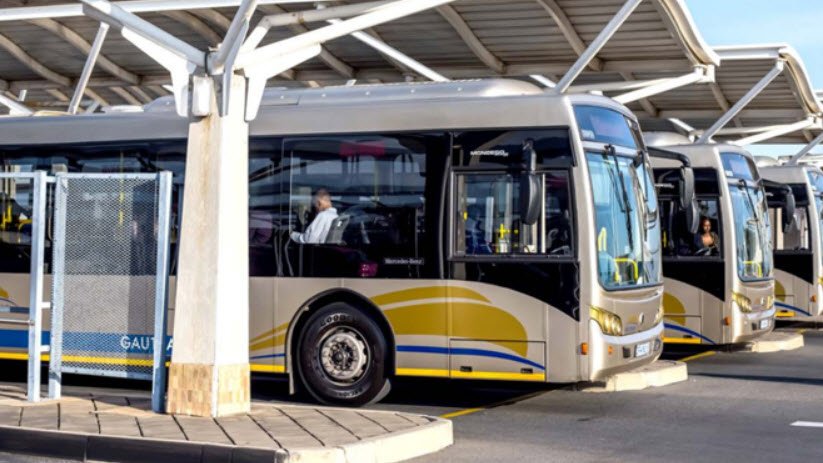
9. Haggle Like a Local
Bargaining is a common practice in India, especially at markets. Don’t hesitate to negotiate for souvenirs, clothing, or rickshaw rides. However, maintain a friendly tone and respect the seller.
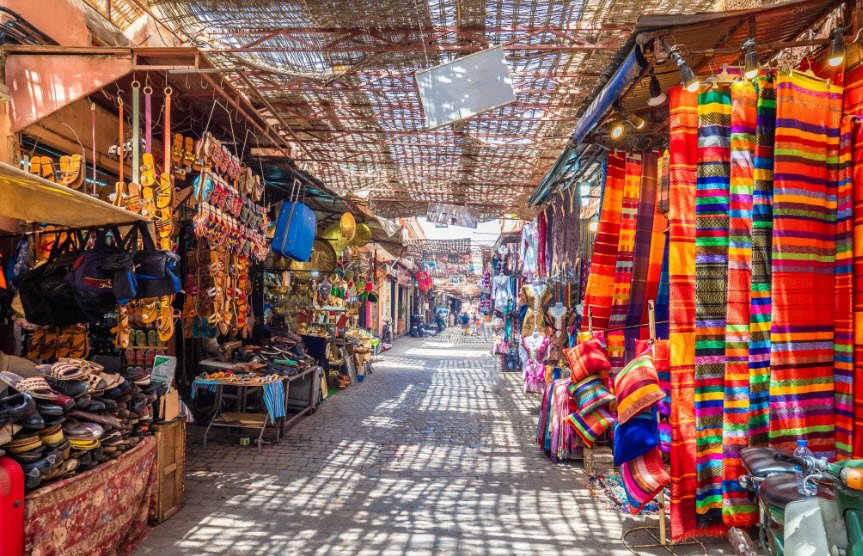
10. Use Credit Cards Wisely
While credit cards are accepted in hotels, malls, and upscale restaurants, not all vendors may accept them. Ensure your card has no foreign transaction fees and notify your bank about your travel plans to avoid card blocks.

11. Save on Food Costs
India offers a wide range of affordable and delicious food options. Eating at local eateries or dhabas can save money while giving you an authentic culinary experience. Stick to bottled water and hygienic places to avoid health issues.

12. Keep Emergency Funds
Always have a backup plan for emergencies. Store extra cash in a secure place, such as a money belt or a separate wallet. Ensure your travel insurance covers unforeseen financial situations.
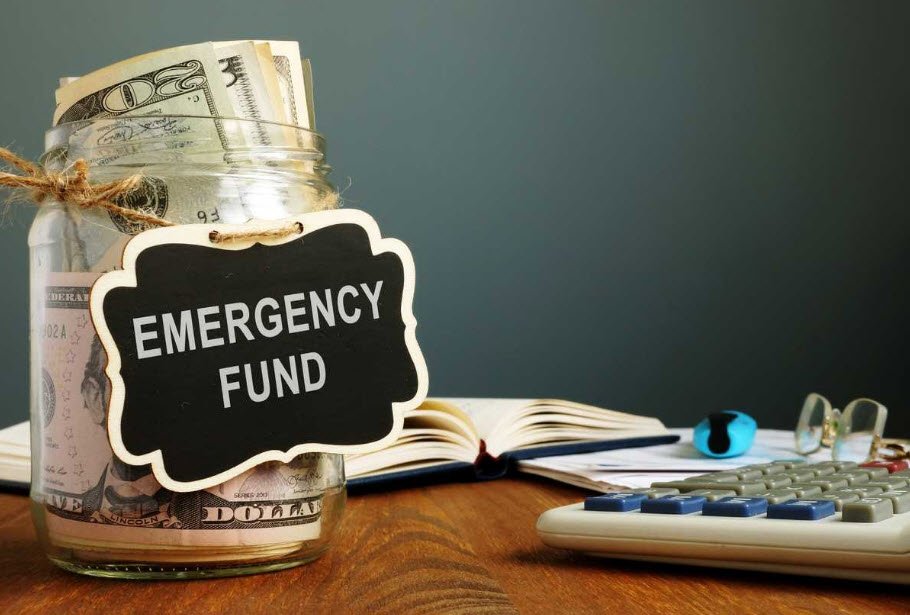
13. Track Your Spending
Use mobile apps to track your expenses in real time. Apps like Trail Wallet or Splitwise can help you stick to your budget and identify where you can cut costs.

14. Leverage Local SIM Cards
Getting a local SIM card with data can save you from high roaming charges. This also allows you to use navigation apps, check prices, and stay connected without relying on expensive international plans.

15. Avoid Last-Minute Bookings
Plan and book major expenses like flights, trains, and accommodations well in advance to get the best rates. Last-minute bookings often come with inflated prices.

Final Thoughts
India is a land of contrasts, where you can travel luxuriously or on a shoestring budget. With proper money management, you can make the most of your trip without breaking the bank. By combining cash, digital payments, and savvy planning, you’ll ensure a safe, enjoyable, and memorable journey.



